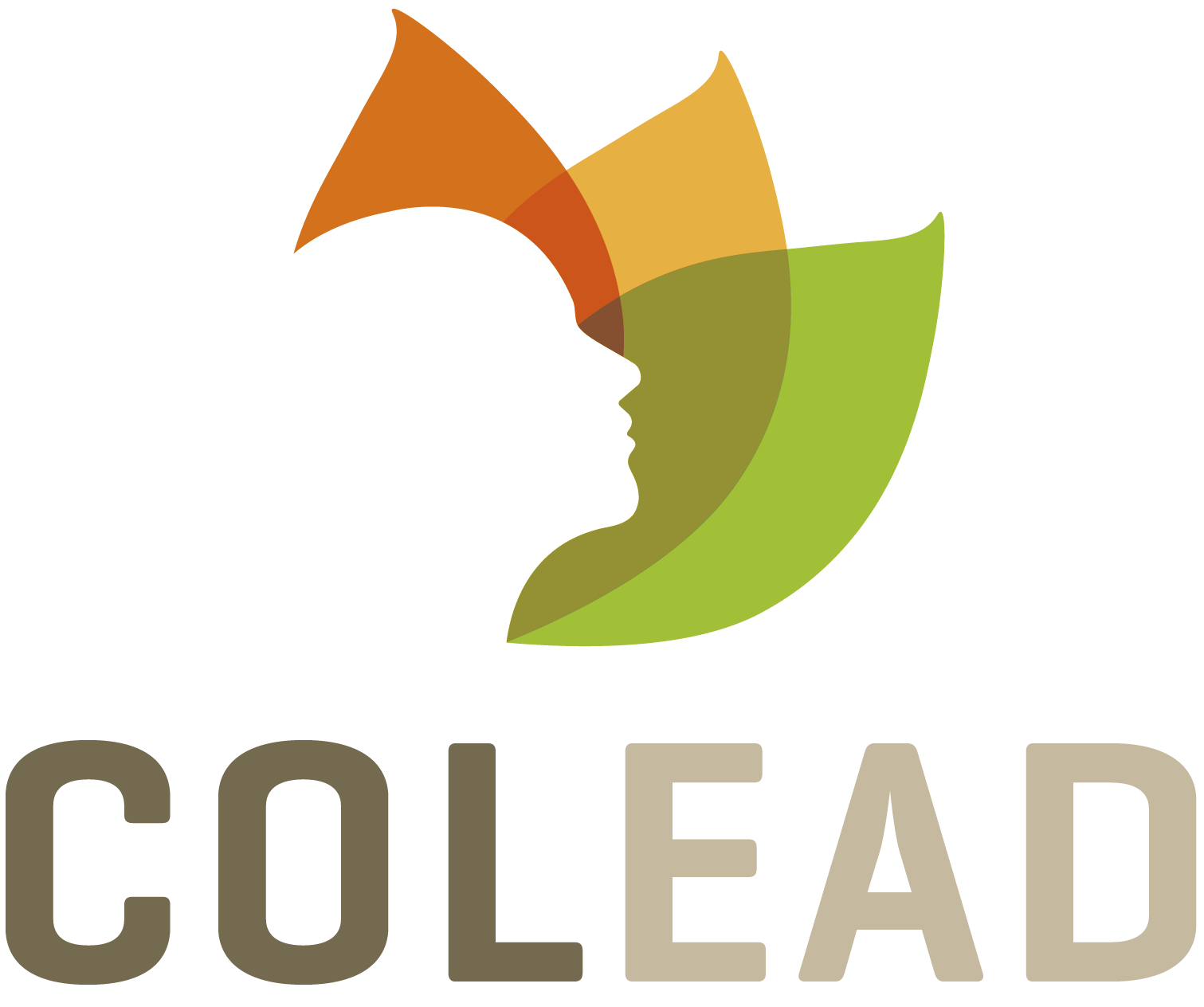COLEAD vocational training

"Growing people" is COLEAD's vision that the mandatory and ongoing change to the global agri-food model requires and will require capacity building and ongoing training for current and future generations of producers, entrepreneurs, consultants, technicians, public or educational service agents and, in general, all the economic players in the agricultural and food system. This is particularly the case in sub-Saharan Africa, where the opportunities are as great as the challenges, and where sustainable agriculture is a driving force for a sustainable future. COLEAD's training system, based on the values of Performance-Continuous Improvement-Commitment-Difference-Humanity, is the result of over 20 years' experience in the member countries of the OEACP (Organisation of African, Caribbean and Pacific States), particularly in the horticultural sector.
COLEAD's training system is currently based around three strategic areas:
— Axis 1: Guarantee a coherent, structured, high-quality training offer that meets the needs and expectations of learners and enables their organisations, and the agricultural sector in general, and the horticultural sector in particular, to maintain, adapt and develop in the long term.
— Axis 2: Strengthen the expertise and skills, both technical and educational, of local human resources so that they can provide day-to- day support to players in the agricultural sector in their projects.
— Axis 3: Increase the number of people benefiting from skills enhancement through relay training organisations and by encouraging the systematic and cascading transfer of knowledge and skills.
Every operator, from managers to workers, from middle managers to small producers, has a role to play in ensuring the sustainability of agriculture and food. We are also convinced of the importance of having an appropriate legal framework and effective public services to supervise and control operators. That's why it's essential that our learning methods and tools are designed to match the skill levels and needs of each of these links in the chain. By involving local and international experts at the heart of this system, we rely on their ability to come up with training solutions tailored to local realities.
Training means continually capitalising on and disseminating knowledge, know-how and specialised expertise to contribute to the profound transformation of agriculture and ensure that it can play its full role in food security, ecosystem preservation and economic growth. Our training system must contribute to the long-term enhancement of learners' skills to enable them to realise their projects.
To meet these challenges, COLEAD's training courses cover eight key themes :
- Sustainable production and trade
- Agricultural production and processing
- Environmental management
- Food safety
- Plant health
- Social accountability and empowerment
- Management of Organisations and Business Development
- Training methodologies
From sustainable agricultural production to environmental management, food safety and professional development, COLEAD emphasises the crucial importance of education and training in achieving the United Nations' Sustainable Development Goals (SDGs). COLEAD's training programmes are designed to contribute directly and indirectly to the achievement of these SDGs. These programmes enable the development of specific skills and knowledge, while promoting a holistic approach to sustainability.
All the courses in this catalogue are grouped by theme. An overview of each thematic can be found here.
In practice, the range of training courses is designed to be rich and varied to adapt to the diversity of target audiences and partner-beneficiary organisations. Most of the training courses are aimed at acquiring good practice. Some are aimed more at raising awareness on specific subjects and changing behaviour (ethics in the workplace, a major change in regulations, the importance of in-house training, etc.). Others are designed to enhance knowledge. Finally, COLEAD offers individualised support (coaching, tandem sessions) within organisations to ensure that learning takes root in everyone. COLEAD distinguishes four types of training according to their purpose, learning methods and activities: awareness-raising, theoretical training, practical training and on-the-job training. Each course falls into one of these four categories.
COLEAD'S TRAINING COMMITMENTS
— comply with the requirements of its learners and relevant stakeholders, the requirements of ISO 21001: 2018, as well as the legal and regulatory requirements, and any other requirements, that apply to its training activity.
— adapt its training objectives and strategy, taking into account relevant educational, didactic, scientific and technical developments and the needs and expectations of its stakeholders.
— to fulfil its corporate social responsibility and ensure effective management of intellectual property.
— make available the resources needed to ensure the effectiveness of the Training Management System and its continuous improvement
Do you want to find out more about this commitment? Download our training management system policy:

